Number Recognition Normal Matching Worksheets for Ages 6-8
6 filtered results
-
From - To
Unlock the world of numbers with our engaging Number Recognition Normal Matching Worksheets, designed specifically for kids aged 6-8! These worksheets provide a fun and interactive way for young learners to enhance their number recognition skills. Each activity encourages children to match numbers with corresponding objects, reinforcing their understanding in an entertaining format. Ideal for independent study or classroom use, our worksheets support visual learning and boost confidence in early math skills. Download and print these vibrant, educational resources to help your child on their journey to becoming a numerical whiz! Get started today and watch their math skills soar!
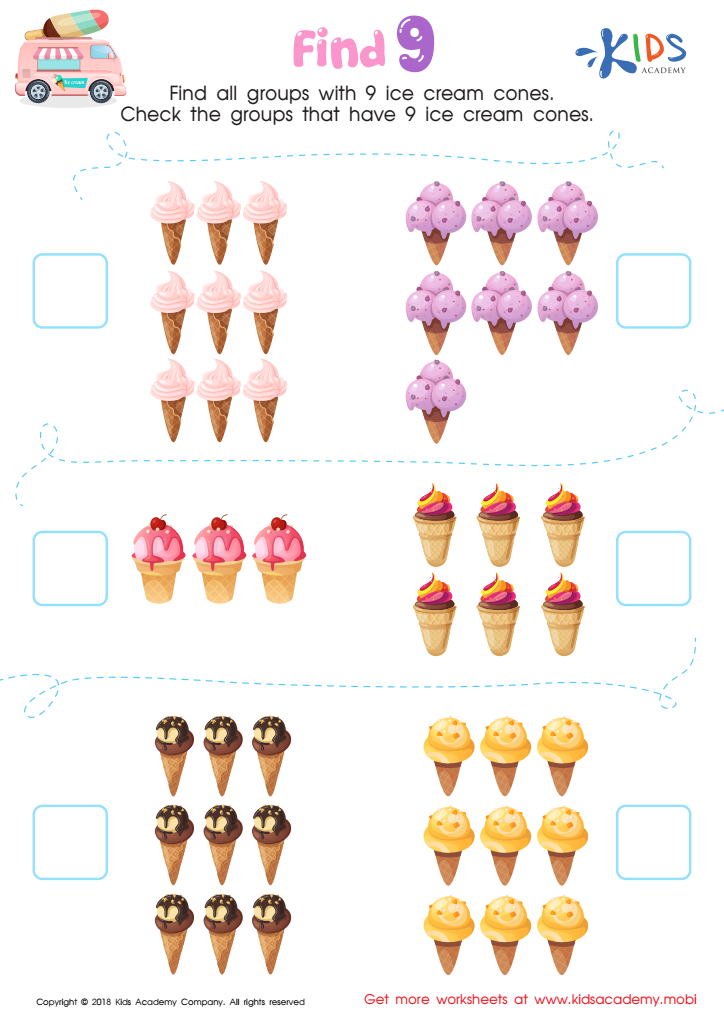

Find 9 Worksheet
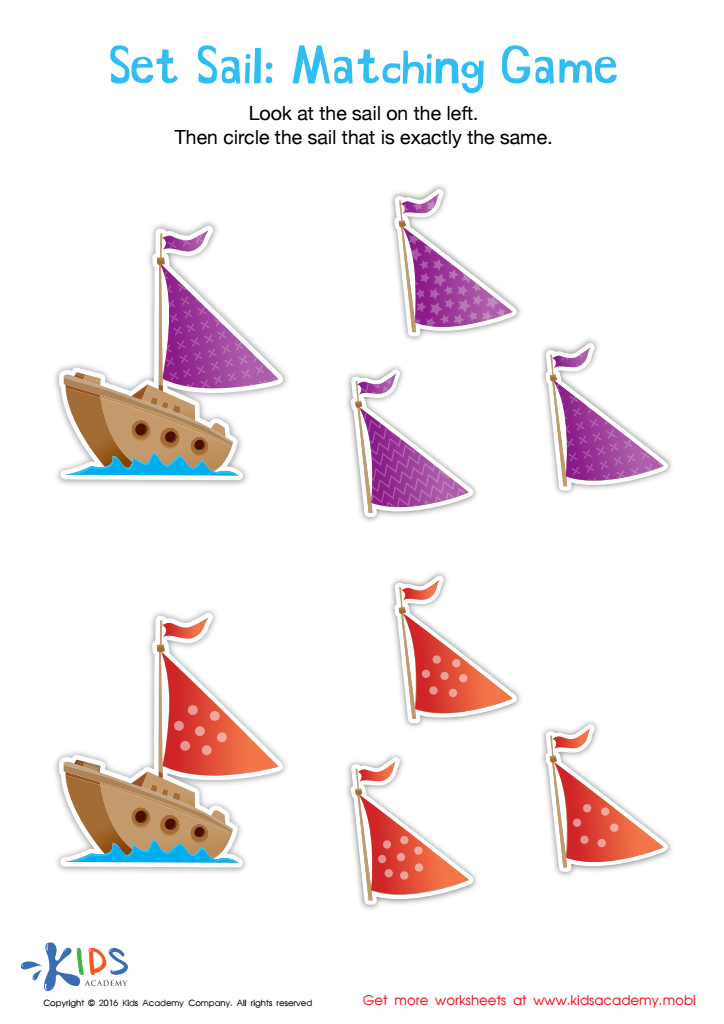

Set Sail Worksheet
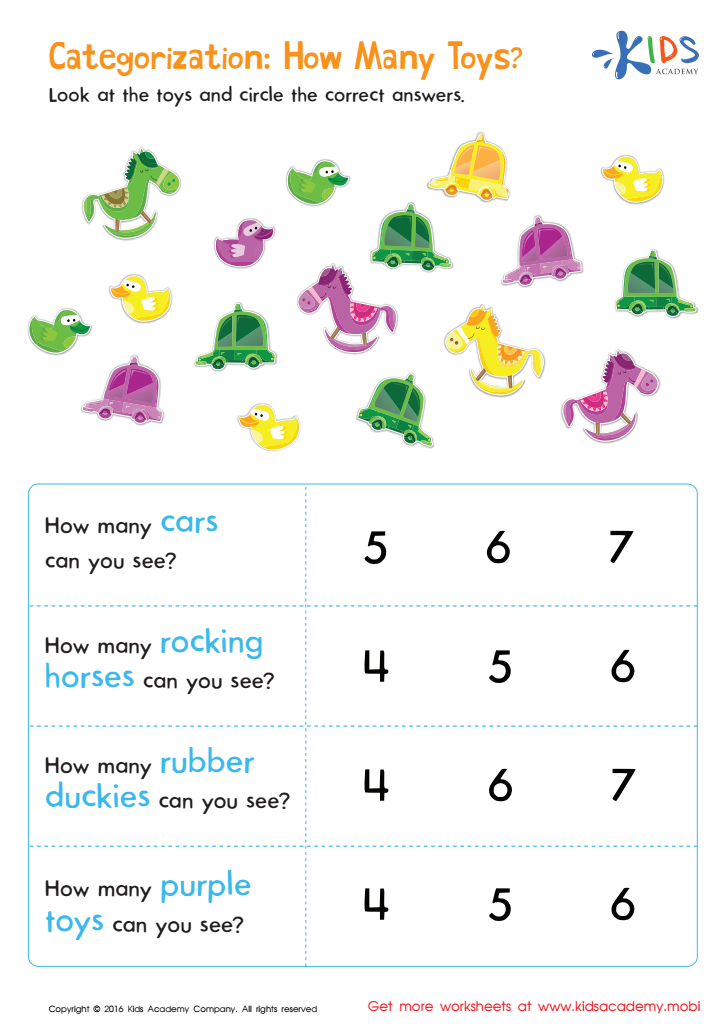

Classifying Toys by Type and Color Sorting Worksheet


Frog Countdown Worksheet
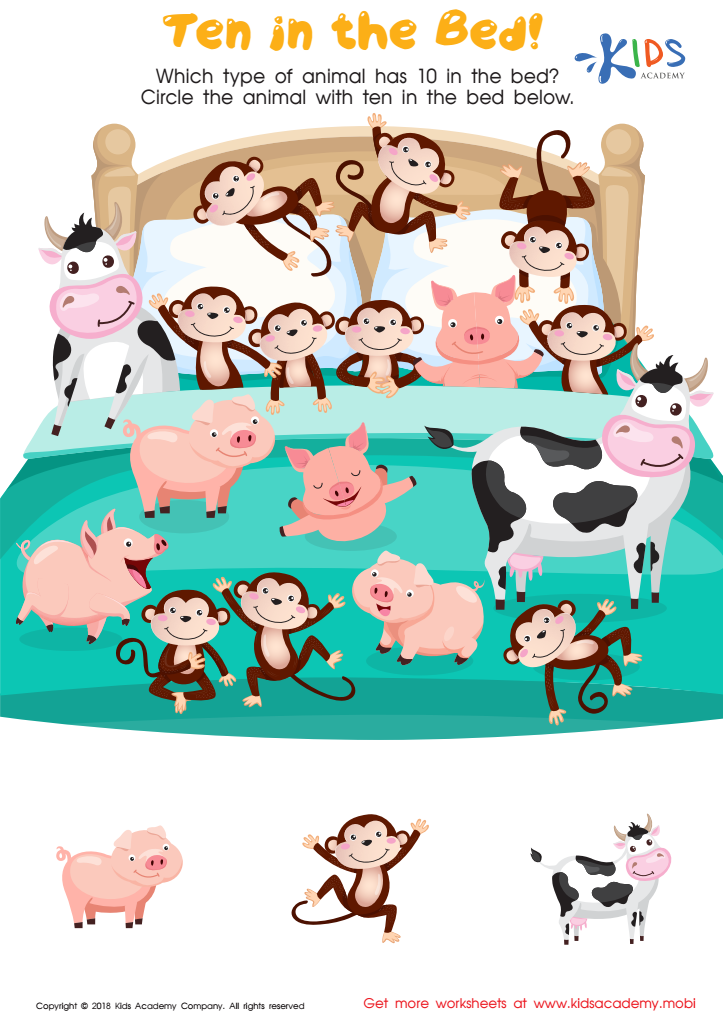

Ten in the Bed Worksheet
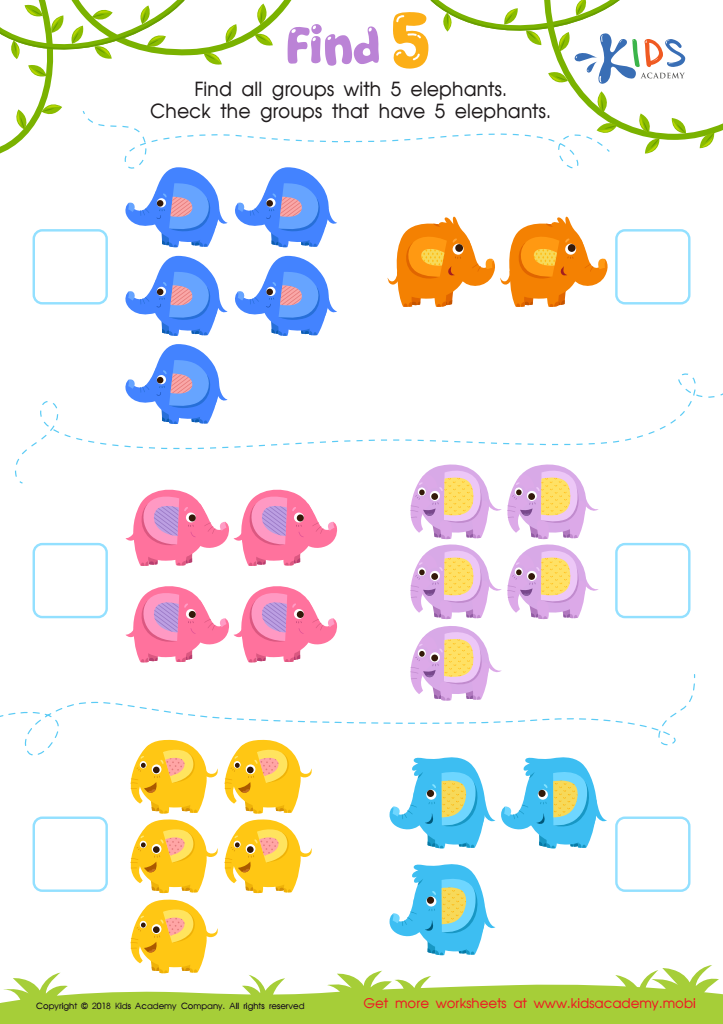

Find 5 Worksheet
Number recognition and normal matching are crucial skills for children aged 6 to 8 as they lay the foundation for future mathematical understanding and overall cognitive development. During this stage, children transition from basic number awareness to more complex numerical operations, and supporting their proficiency in number recognition can significantly enhance their confidence and competence in mathematics.
For parents and teachers, caring about these skills means recognizing the pivotal role they play in everyday decision-making and problem-solving. Number recognition enables children to identify and understand quantities, which is essential when they encounter real-world situations like shopping or sharing snacks. Furthermore, encouraging normal matching—associating numbers with their respective quantities—reinforces the real-world application of math, making it more relatable and less intimidating.
By fostering these skills early on, adults can help cultivate a positive attitude towards math, reducing future anxiety and avoidance. As children gain proficiency, they are more likely to engage actively with more advanced concepts, paving the way for academic success. Ultimately, emphasizing number recognition and normal matching not only improves mathematical skills but also enhances critical thinking, self-esteem, and a lifelong love for learning in children.
 Assign to My Students
Assign to My Students

















